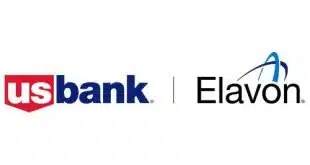There is a tendency in the payments business for startups to hinge their business plans on the notion that they are filling a yawning need that somehow none of the incumbents is able, or willing, to satisfy. In some way, this painfully obvious opportunity has escaped everyone’s notice, and now this entrant out of nowhere is going to seize it and show everyone how it’s done.
Meanwhile, graybeard veterans in the business smile knowingly and ask, Didn’t it ever occur to these guys that there’s a reason this supposed new thing isn’t being done—that maybe it’s been tried in the past, many times, and found to be unworkable or downright disastrous?
Such was the sentiment that greeted Square Inc. when it burst on the scene late in 2009 with the idea that it should be possible for anyone, really anyone, to accept payment cards. After all, why couldn’t you install the right app in a smart phone, tether a little card reader to the phone via its audio jack, and run as many transactions as you wanted? How come nobody had ever thought of that before?
It didn’t help Square’s cause that its founders were devoid of payments experience. Knowing how hard it is to acquire micro-merchants and control risk, payments veterans gritted their teeth and waited for Square’s inevitable comeuppance. It wasn’t long in coming. Like PayPal before it, Square learned some hard lessons in risk management and found it necessary to delay the commercial availability of its service.
Score one for the wise old graybeards, right? Not so fast. Far from collapsing, Square may just be on its way to proving that, while others before it may have thought of ways to serve this market and failed, it has thought of the right way. Last month, an important endorsement of that idea came from coffee giant Starbucks Corp. As we report on page 6, the chain agreed to let the upstart process all card transactions in its stores.
Clearly, Square is moving on to bigger merchants, and they don’t have to be the size of Starbucks. Only days later, it cemented this strategy in place with a new pricing plan that offers a fixed fee for merchants falling within a volume band that goes all the way up to $250,000 a year—significantly bigger than the Girl Scout troop selling cookies door-to-door.
We confess we subscribed to the skeptical outlook on Square when it emerged. But now our point of view is that Square is looking a good deal more like PayPal in its early days, suitably chastened by its experience but ready now to show the incumbents how it’s done.
John Stewart, Editor
john@digitaltransactions.net





